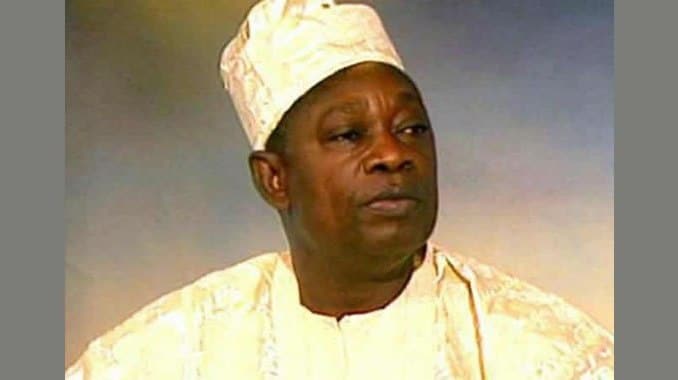Chief Moshood Kashimawo Olawale (MKO) Abiola, commonly known as MKO Abiola, was a Nigerian businessman, philanthropist, and politician who played a significant role in the country’s history. Born on August 24, 1937, in Abeokuta, Ogun State, Nigeria, Abiola was a prominent figure in the fight for democracy and human rights in Nigeria.
Abiola was born into a family of 40 children. He attended the University of Glasgow, Scotland, where he studied accountancy and later earned a master’s degree in business administration from the University of London.
Abiola founded the ITT Corporation (Nigeria) in 1972, which became a successful conglomerate with interests in various sectors, including telecommunications, agriculture, and publishing. He also established the Concord Press, which published several newspapers, including the National Concord and the Weekend Concord.
Abiola entered politics in the 1980s and became a prominent member of the National Republican Convention (NRC). In 1993, he won the presidential election, but the results were annulled by the military government, leading to widespread protests and international condemnation.
Abiola was a vocal advocate for human rights and democracy in Nigeria. He was a founding member of the National Democratic Coalition (NADECO) and played a key role in the campaign for the release of political prisoners and the restoration of democracy in Nigeria.
Abiola was married to Kudirat Abiola, a prominent human rights activist, and had seven children. He was a devout Muslim and a member of the Ansar-Ud-Deen Society of Nigeria.
Abiola received several awards and honors for his contributions to business, politics, and human rights, including the posthumous title of Grand Commander of the Order of the Federal Republic (GCFR).
MKO Abiola is remembered as a champion of democracy, a successful businessman, and a philanthropist who supported education and healthcare initiatives. His annulled presidential election victory in 1993 remains a controversial topic in Nigerian politics.
Abiola died on July 7, 1998, shortly after being released from prison, where he had been held for four years on charges of treason. His death was met with widespread mourning and tributes from across Nigeria and the international community.
Chief Abiola was a remarkable figure in Nigerian history, whose contributions to business, politics, and human rights continue to inspire generations. His legacy serves as a reminder of the importance of democracy, human rights, and the fight against oppression.
